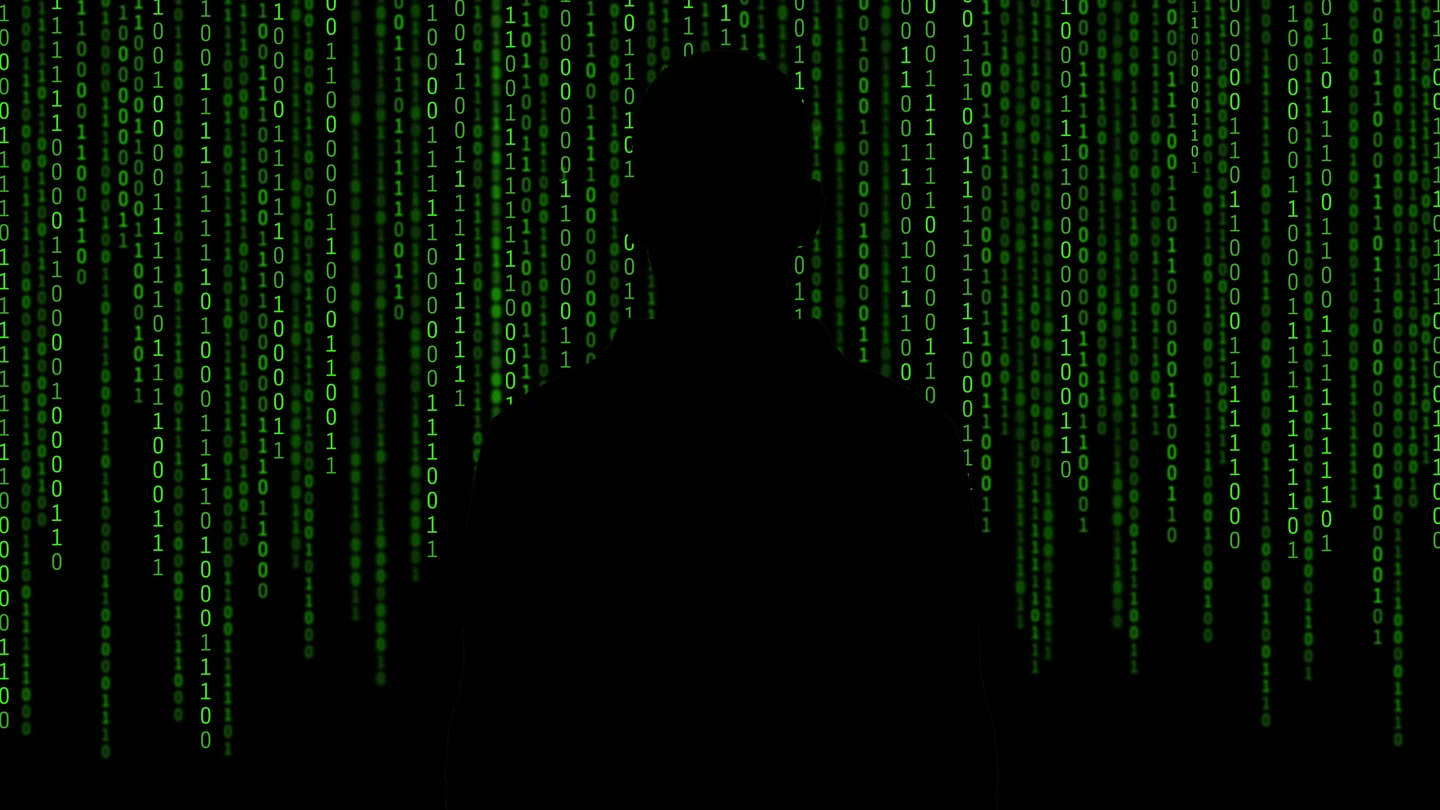Bill C-59, the National Security Act 2017, is now back before the Commons to consider the (relatively minor) amendments proposed by the Senate. Baring a catastrophe, it should make it past this final Commons-Senate ping-pong and become law. “Becoming law” means “coming into force”. There are rules about coming into force, and I review how they apply to C-59 because: it’s complicated.
Read MoreLurking in the details of bill C-59 are new features in the law of evidence whose impact is uncertain. In this blog series, Leah West examines the new “class privilege” in the law of evidence created for those entities assisting CSE, and compares it the class privileges existing elsewhere in Canadian law, including under the CSIS Act.
Read MoreLurking in the details of bill C-59 are new features in the law of evidence whose impact is uncertain. In this blog series, Leah West examines the new “class privilege” in the law of evidence created for those entities assisting CSE, and compares it the class privileges existing elsewhere in Canadian law, including under the CSIS Act.
Read MorePart of the focus during senate hearings on bill C-59 has been on the speech crime created by bill C-51 in 2015. Debate centers on whether the roll-back of this crime in C-59 is a good thing or not. This post provides an overview of the issues, and a discussion of alternatives.
Read MoreBill C-59 will give the Communications Security Establishment (CSE) several new mandates, including the authority to engage in “active cyber” operations. This blog post briefly describes this mandate and addresses an area of uncertainty: how will the government square the use of offensive cyber capabilities with Canada’s international law obligations?
Read MoreBill C-59 creates a new “dataset” collection, retention and use system for the Canadian Security Intelligence Service (CSIS). It is a complicated system, responding to a series of hard policy dilemmas.
Read More




